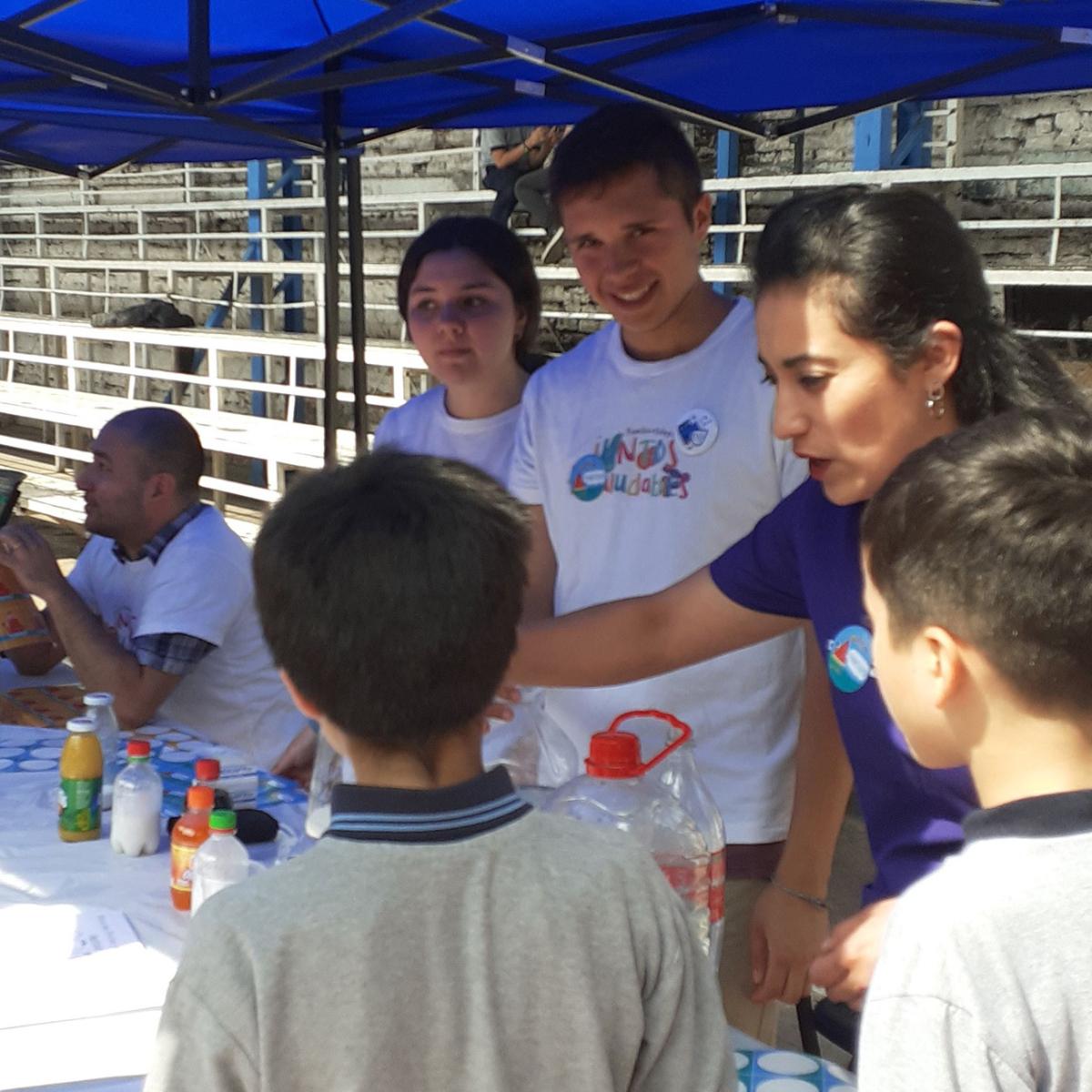World Health Organization
Chile: where action on hypertension is saving lives
25 Aug 2021
World Health Organization | 21 Nov 2022
Among children in the Municipality of Providencia in the Metropolitan Region of Santiago in Chile, obesity and overweight are on the rise. Unhealthy eating habits, reduced mobility and physical activity, as well as rapid economic, trade and labour force transitions contribute to the growing obesity epidemic in Chile. Understanding and acting against the diverse social and commercial determinants of obesity is often challenging, and many families lack the time, knowledge and advice to take action.
The ¡Juntos+Saludables! programme uses a three-component intervention model to reduce childhood overweight and obesity among young students in Santiago. Enhancing the school environment, working closely with students and teachers, and offering parents around-the-clock advice on children’s mental and physical health, the project designs a holistic approach engaging the entire community and facilitating strong ownership among children and families.

In participating schools, the programme supports management and teachers to facilitate a health-promoting environment and improve schools’ infrastructure. This includes new facilities to encourage sports, games and physical activity as well as a tailored curriculum on healthier lifestyles. For students, measuring weight and height, and reflecting on eating habits, physical activity and emotional state facilitate healthy self-care choices, while an award for the class with the greatest nutritional health improvement introduces a playful group motivator. Regular home visits and a phone hotline additionally help families to gain more awareness of their health status and get direct advice from a multidisciplinary team of nutritional, physical activity, and psychological counsellors.
¡Juntos+Saludables! was piloted over the course of three years from 2019 to 2021. In an evaluation using a quasi-experimental design involving 1,901 students, the programme was effective in reducing childhood obesity by 11.7%, increasing the proportion of students with healthy weight by 14.0%, and improving nutrition, physical activity and mental health compared to students in other schools.
This NCD Lab project was the winning submission in the category NCDs and the Next Generation. The project was submitted to the third NCD Lab cycle by project creators Maria Oriana Diaspro, MA and Diego Garcia-Huidobro, MD, PhD.